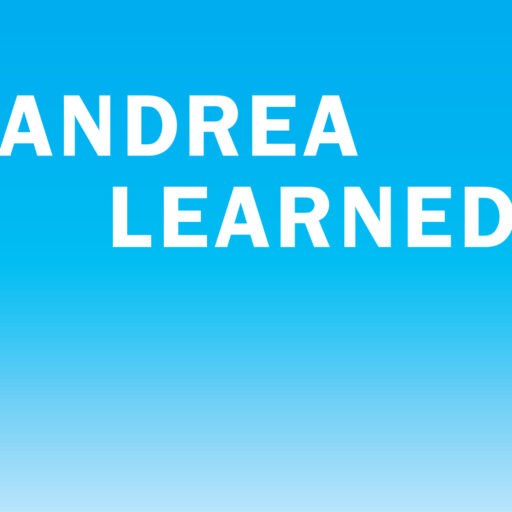‘Tis the season for “best of 2011” lists and 2012 trend forecasts. From year to year, few of the items included in these compilations ever seem that earth-shatteringly newsworthy. However, with an eye on the sustainability-forward business, seeing the longer term may be the point. As it stands, few businesses undergo complete revolutions in thinking and practices from year to year. Instead, the greatest corporate sustainability shifts will likely only be visible decades or more from now.
Looking back on the past ten years, I’d say we’ve seen a significant increase in business awareness of the importance of “emotional intelligence.” No longer a topic only for the geeky social scientist or armchair psychologist, smart businesses are starting to put the wisdom of “EQ” into play, both in serving their customers and toward becoming stronger, more resilient organizations overall.
As behavioral scientist and author Daniel Goleman put it in the subtitle of his book, Emotional Intelligence, it can matter more than IQ. And this is seeming to be the case in sustainable business.
To be clear, Goleman does not think that IQ and EQ are opposing competencies. Instead, his point, which I find incredibly relevant to sustainable business thinking, is that cognition is simply not enough. What Goleman wrote in this partiucular book (first published in 1995, mind you) seems advanced for its time.
So, let’s first take a look at what the four core abilities of emotional intelligence are:
- Self-awareness
- Self-management
- Social awareness
- Relationship management
Now, when those abilities are considered as sequential phases of learning, it gets interesting. Seen as phases, these abilities provide a type of map for an organizational (or personal) evolution toward sustainability:
Phase I, Self-awareness: The ability to realize that you are part of the problem. While many businesses have gotten to this point with regard to sustainability, I suspect there are still plenty of companies that remain willing to sit with it, deny it, and so not move on to…
Phase II, Self-management: The ability to see, control and process thinking and behavior in a more healthy, responsible way. For instance, seeing and taking control of energy efficiency and working toward healthier employee engagement could contribute much to a business’s success/development, but it must first have realized the need to work on those things. For a few years now, the green business press has covered both newly formed and long-established companies that have made it at least this far in their journeys. (Let’s hear it for that!)
Phase III, Social awareness: The ability to allow empathy to influence business decisions. Companies at this phase understand that doing well is not only about them, but that there are also many other human relationships involved – and in a wide range of ways. As it stands, tackling the environmental/operational issues first in a sustainable business’s journey seems to be the most usual route, while the raised awareness of how people interrelate with all decisions (hopefully) comes in time. Tending to diversity, community engagement and social justice, for instance, is likely a lesser corporate priority due to inherent complexity (i.e. it is not the lowest-hanging fruit). If I were to predict, I’d say this Phase will start to get much more emphasis over the next few years (so check back in 2017, and monitor conference session topics for their attention to the “social” in the meantime).
Relationship management: This is the ability to use the empathy you’ve been practicing at the Phase 3 level to better understand all stakeholders and see/tend to interconnections and innovative teamwork to tackle problems that may even go beyond any one corporation’s borders. Better communication and more creative partnering and collaboration are heavily in play at this point. Patagonia is one company leading the way on this front (their recent “Don’t buy this shirt” ad campaign and their founding member status with the Textile Exchange are two examples).
***
So, here we are. 2011 closes with wrap ups and best cases, and 2012 begins with hopeful predictions for the sustainable business movement. While such lists can certainly inspire, your company may more effectively advance its sustainability action and training practices by examining its unique set of circumstances through the EQ lens.
Wherever you find your business currently rests within the four EQ-related phases, think about how to bring it, sustainably, to the next phase. If your company is resting comfortably in “self-management,” what do you need to work on to achieve, and get comfortable with, “social awareness,” for example? Perhaps more importantly, are you willing to not concern yourself with any New Year’s reflection or prediction list for at least a few years? I ask this because having longer-term vision is part of your emotional intelligence learning process. There is no need for you to get distracted by what everyone else is doing, or not.
So, for 2012, and for the sake of helping to further the sustainable business movement, why not work on your company’s emotional intelligence? If you do, you will be building, in wise, deliberate phases, toward the dramatic sustainability shift we all want our kids and grandkids to thank us for in the decades to come.

